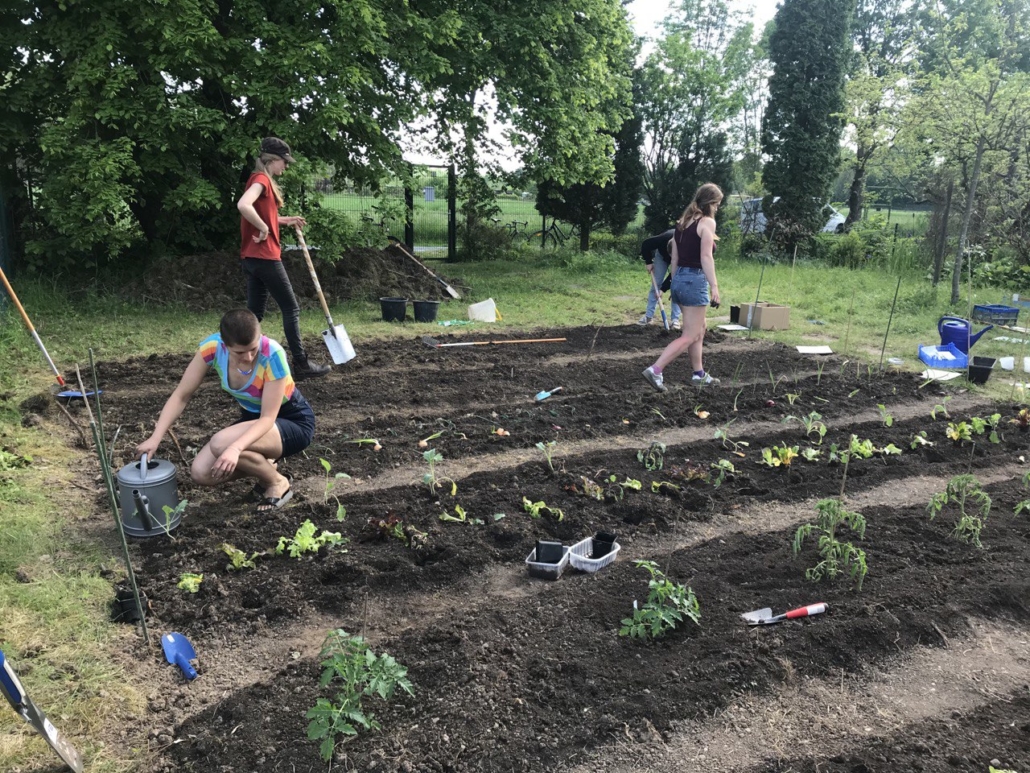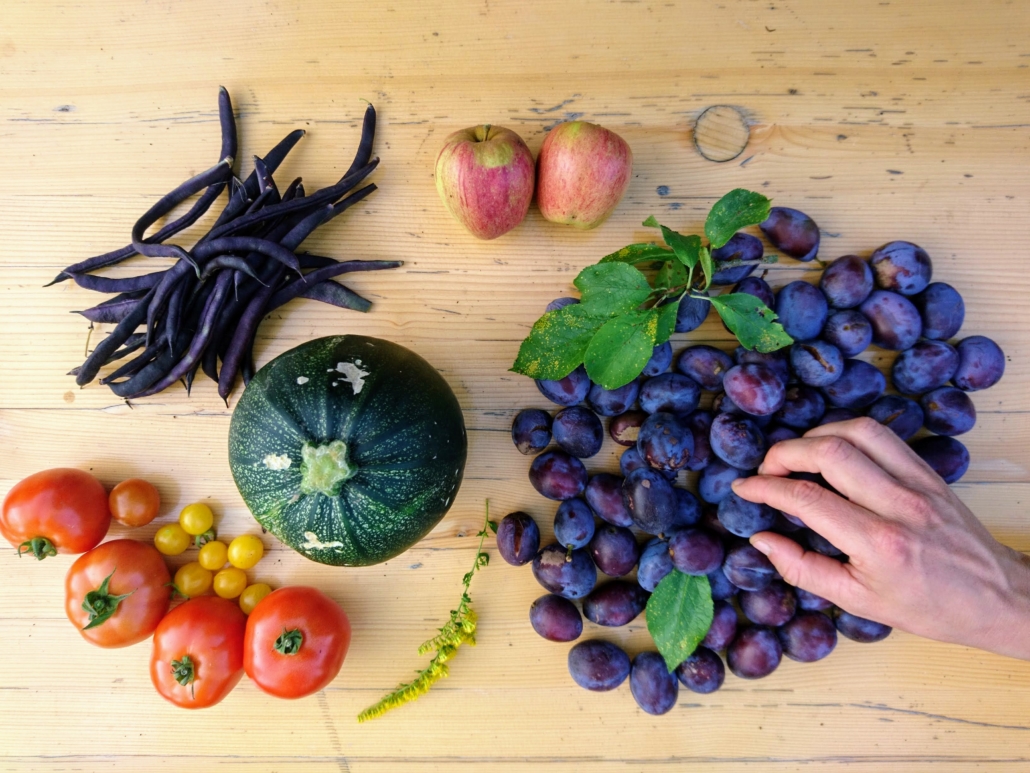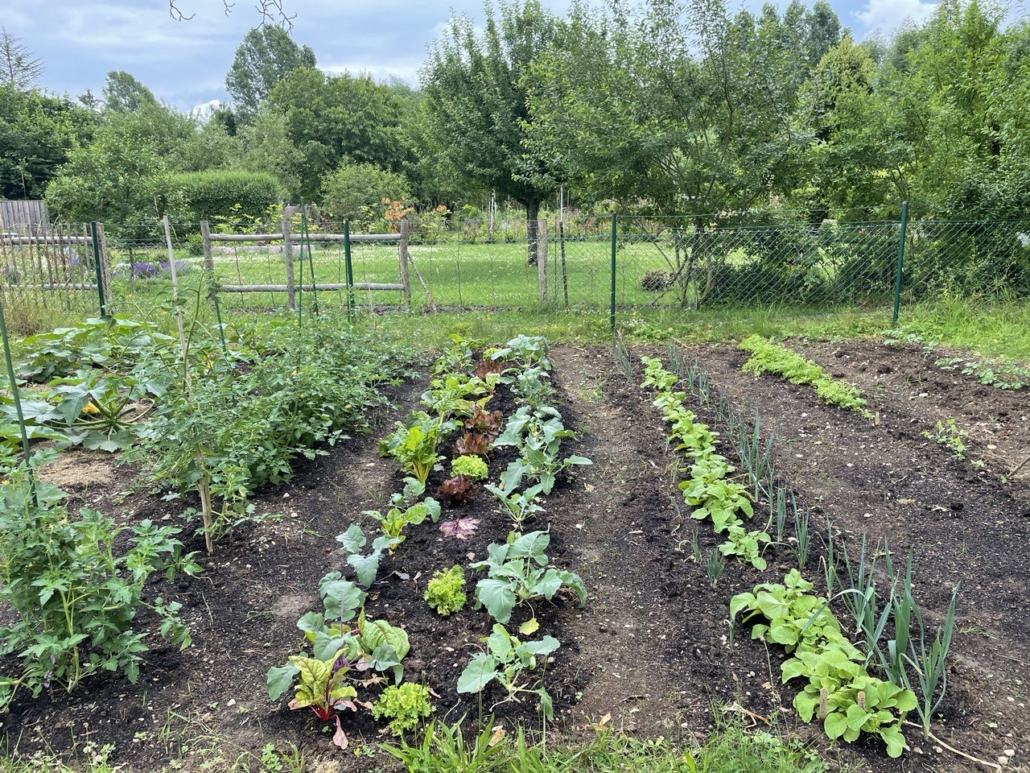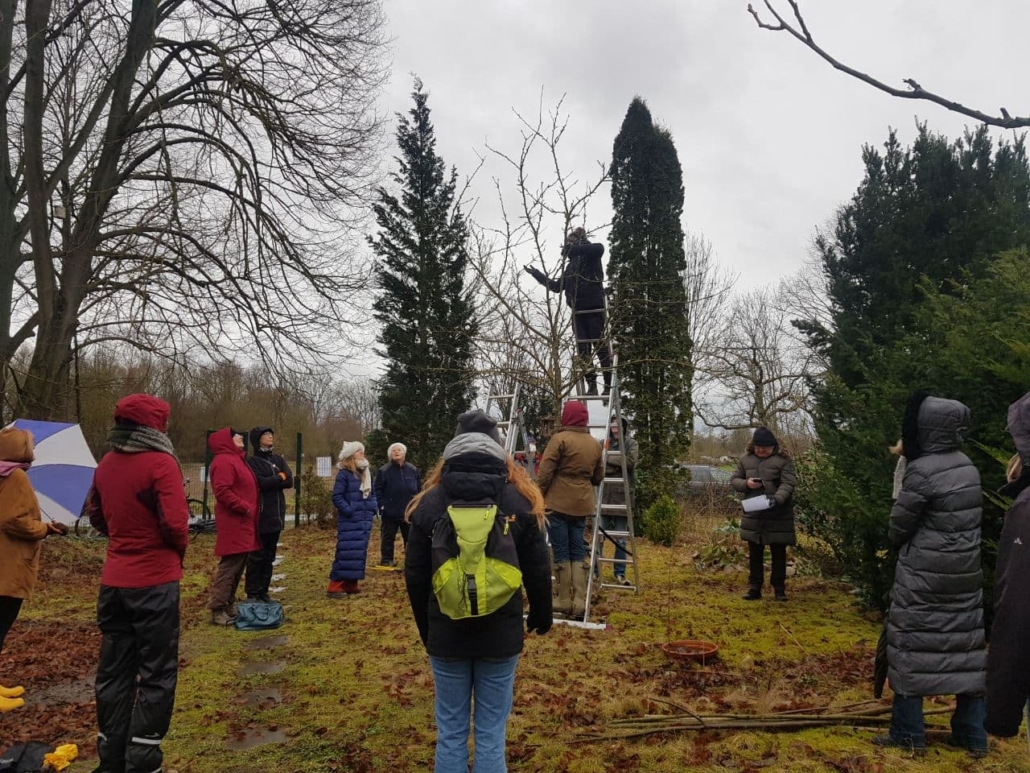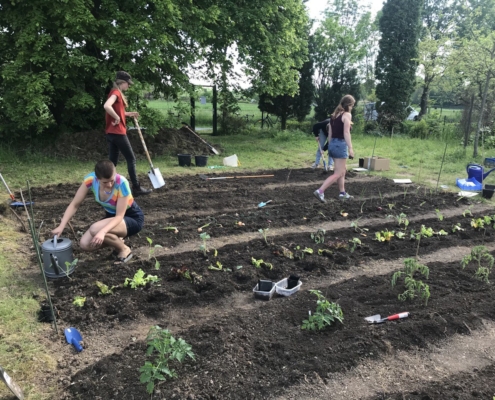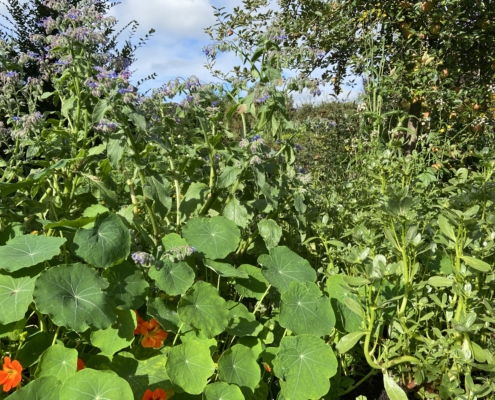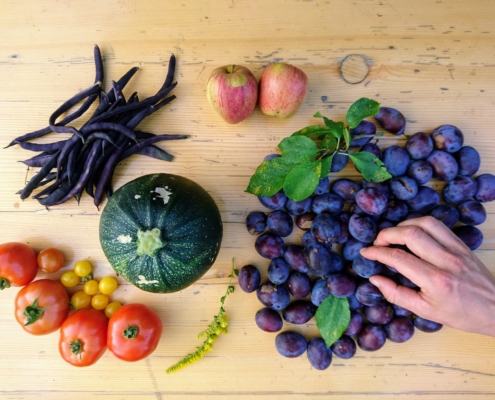Projects in the Alumni Göttingen Student Garden
“The garden has become quite a part of my life, as I have been lucky enough to be a part of it since the beginning and one can see how it changes and also how it has helped change me. I’ve met a lot of amazing people there, and by working in teams, meeting a lot of people with different backgrounds and their experiences, I have learned so much from them. I have become more conscious about planting the soil to grow something, which is one of the most amazing feelings, kind of a success and also satisfaction and joy. I have become more conscious about how much effort, time and work go into the food that we eat and have grown more aware of how different macro and micro ecosystems work with each other perfectly and how one thing affects the other. I think, when I am done with my studies and if I leave Göttingen, the garden will be one of the things I’ll miss the most.”
… says Elif Yurt (Team Foyer International), active participant of the Alumni Göttingen Student Garden
An allotment garden in Göttingen becomes a place of encounter and learning
The association of the former students of Göttingen University, Alumni Göttingen e. V., has been given an allotment garden for use by a sponsor. By funding the project “Planting futures!” (“Zukunft pflanzen!”), Stiftung WissenWecken supports the activities of Alumni Göttingen and enables student projects on urban gardening, food and small-scale farming. The “Alumni Göttingen Student Garden” has become a lively space for intercultural encounter and a nucleus of ideas for futurable land use. Four student groups are currently running their projects in the garden:

